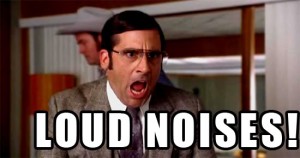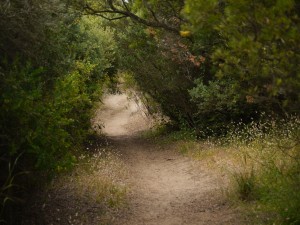Today I was thinking about a retreat I will be going on in a couple of weeks, and I smiled. I cannot wait to see an old, dear friend of mine. A friend called Silence.I was about to blog about it and then found this post from 2015 … Silence and I have been friends for many years 🙂
“Speech is silver, but silence is golden.”
The older I become the more I yearn for silence, and the more I am aware how noise suffocates our lives and our world. For many of us, from the time we wake up to the buzzing, cantankerous noise of an alarm, to the time we fall exhausted into bed, with the neighbourhood dog serenading us to sleep, we are accosted by noise: Pleasant noises, loud noises, terrifying noises, annoying noises at home, work, school, and restaurants. Noise surrounds us. Most of the time, we are not even aware how noise has defined who we are.

Most of us contribute thousands of words to the atmosphere every day. We also have thousands of words come at us like an unrelenting downpour. Words that tell us who we are, how we are, why we are. Words that shape us. The noises that we have listened to from a young age have greatly contributed to the people we are today. The noise of our environment – our family, friends, the space we live and work, entertainment and media (and, let’s not forget the very loud, non-decibel noise of social media), all shape our thoughts and actions.
Psychologist Marilyn Price-Mitchell is concerned about the noise and lack of silence in the lives of a younger generation. She writes:
“The reason we should ask the question, and encourage teens to explore silent spaces, is because we know that self-reflection is important to human development and learning. John Dewey, a renowned psychologist and education reformer, claimed that experiences alone were not enough. What is critical is an ability to perceive and then weave meaning from the threads of our experiences. The function of self-reflection is to make meaning. The creation of meaning is at the heart of what it means to be human.”
The discipline of silence assists in learning and discovering meaning. Sadly, this is often missing from many of our lives. For a younger generation growing up in the hustle and bustle of modern life, noise is as natural as breathing.
Maybe our modern world is addicted to noise? Silence, and the idea of being left with our own thoughts, often terrifies us. The sense of loneliness or melancholy that we may feel, yet dull with noise, becomes deafening and acute with silence. However, if we learn to negotiate and immerse ourselves in the discipline and pleasure of regular silence it has great benefits, including preventing burnout.
Silence and solitude provide a much-needed break from productivity. It heightens our sensitivity and addresses our anxiety, which often stems from worrying about the future. Silence bring our awareness back to the present. Silence improves memory and cultivates a form of mindful intention that later motivates us to action.
In silence and solitude, we can became self-aware and begin to take ownership and responsibility of our lives and actions. Some of the brightest ideas take shape in silence. Yet it also takes courage to make silence our friend as it sometimes exposes our muted pain. Silence can also help us foster compassion because it equips us to be patient and mindful of the other.
Many religions have embraced the discipline of silence in one way or another, although it is rarely a common practice in much of modern-day Christianity. In my own faith tradition, silence is rarely practiced in a communal sense and when it is, it is most often accompanied by instrumental music. Silence makes us feel awkward. If we manage to push past this awkwardness and begin the slow journey of regularly allowing for silence during our day, it will change us. Silence brings peace. Silence allows for God to speak. Silence transforms us. However, it should not be entered into carelessly because silence is confronting. Henri Nouwen writes, “Solitude is not a private therapeutic place. Rather, it is the place of conversion, the place where the old self dies and the new self is born … In solitude, I get rid of my scaffolding: no friends to talk with, no telephone calls to make, no meetings to attend, no music to entertain, no books to distract, just me – naked, vulnerable, weak, sinful, deprived, broken – nothing. It is this nothingness that I have to face in my solitude, a nothingness so dreadful that everything in me wants to run to my friends, my work, and my distractions so that I can forget my nothingness and make myself believe that I am worth something.”
It has now been several years since I first started the discipline of silence. First, I made room in my day, then I ventured to silent retreats. At first I found them terrifying – I was fidgety and anxious about all the things I needed to do! Now, years later, I yearn for silence. It has changed my life, my perspective and my journey with God. In a few weeks I will again go to a place of silence for several days. It no longer holds any fear. I drive into its gates and it welcomes me like a loving friend. I rest in its embrace – the sound of Silence is a healer.
Psalm 46:10
Be still and know that I am God
Be still and know that I am
Be still and know
Be still
Be



